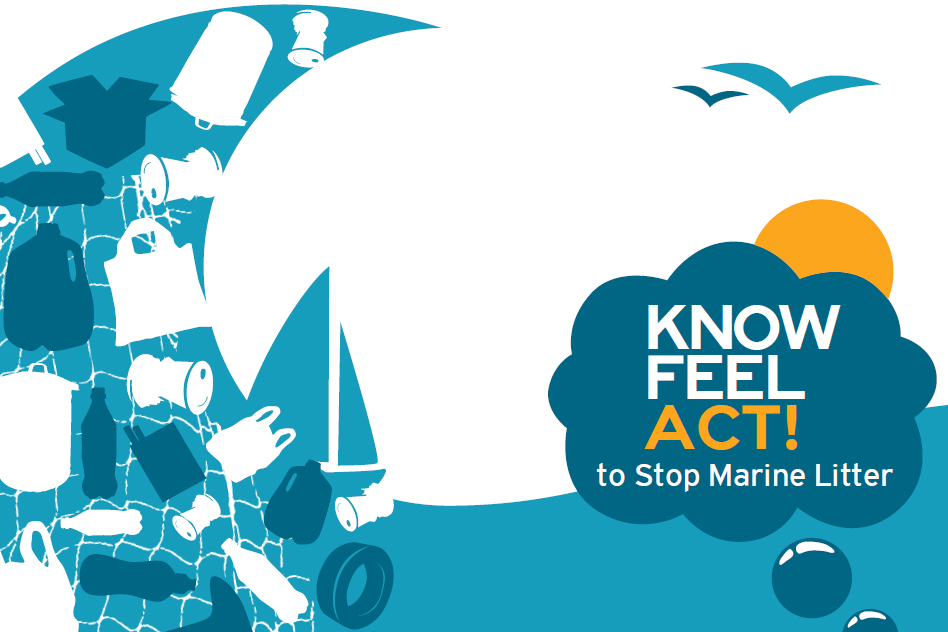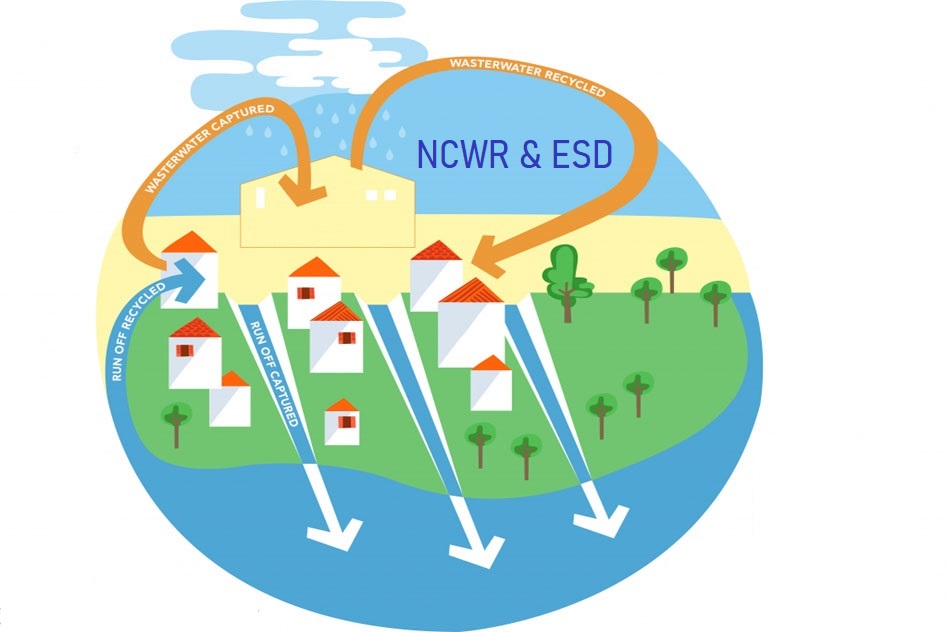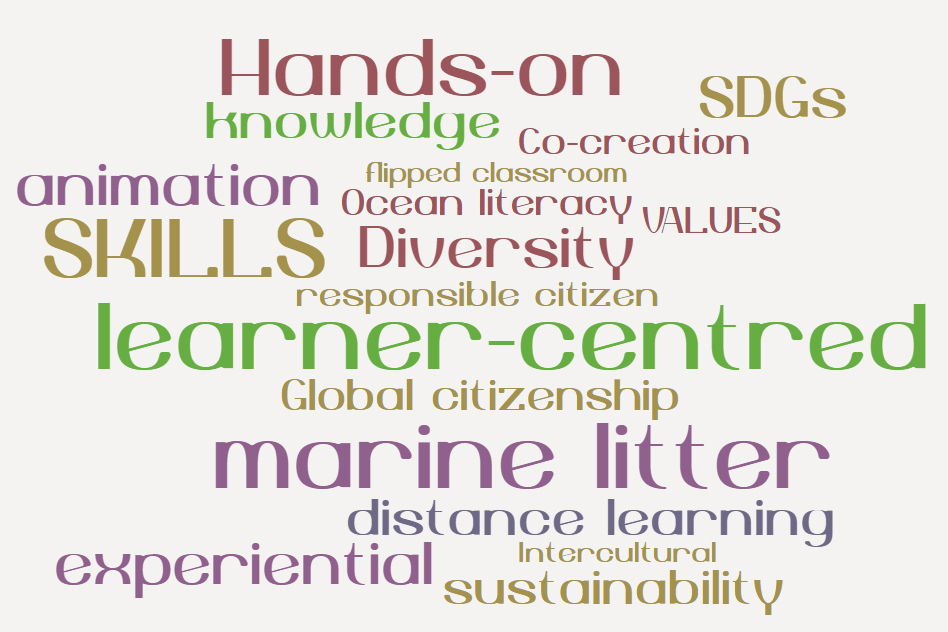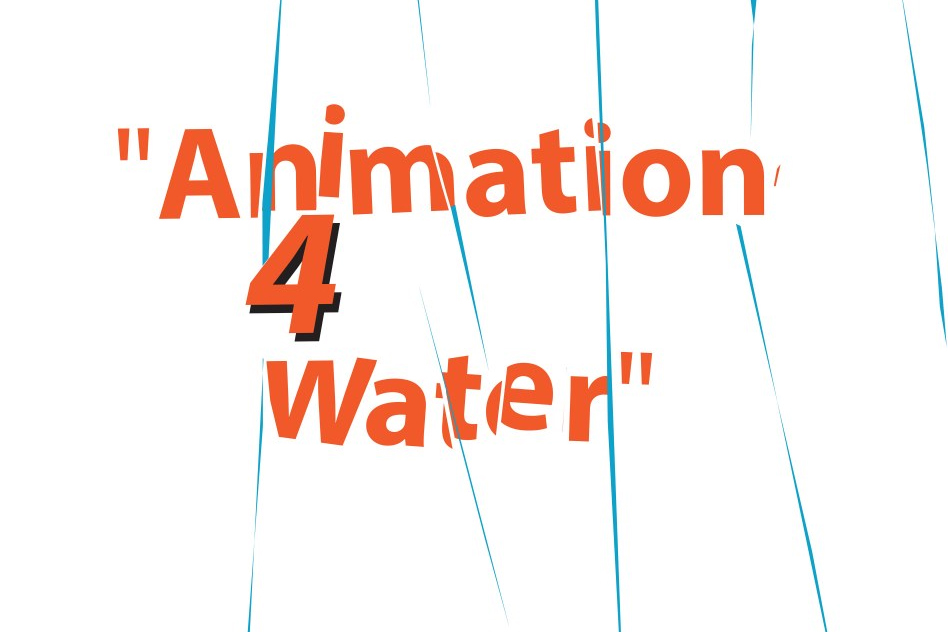2024: Week-long Training courses on ESD
Training courses on ESD themes for teachers and adult education staff 100% fundable by Erasmus+ KA1MEdIES runs week-long training courses on Education for Sustainable Development (ESD) for school staff and adult education providers from European countries and beyond. The courses are eligible to be 100% funded (including tuition fee, travel, accommodation and subsistence) through Erasmus+ Key Action 1 (KA1 learning mobility of individuals).
Our courses combine short theory sessions with a strong experiential hands-on approach. Starting with a common “core” instruction around the principles and methods of ESD, and the Sustainable Development Goals (SDGs), we then hold diversified sessions focusing on the selected topic, every time. The courses combine indoor and outdoor sessions, workshops from invited experts, visits at ‘hot-spots’ relevant to our topic, group-work sessions, etc.
Cost
The tuition fee for the host institution is (7 days X 80 Euro) 560 Euro.
Covid-19 requirements
- Since 2023, there are no restrictions on travel on the grounds of public health in Europe.
- Curretnly (2024) there are no restriction measures applied in Greece, but modifications in the agenda (e.g. of visits) are possible, in case of Covid positive participants.
Applying for Erasmus+
School staff and adult education providers can apply for funding, through their institution, in two ways:
- IF YOUR SCHOOL/ ORGANISATIONS HOLDS AN ERASMUS ACCREDITATION: Your institution can regularly receive funds for staff mobilities that contribute to the wider Erasmus Plan of the institution. In this case, the deadline to apply to any of the MEdIES’s courses is one month before they start.
- IF YOUR SCHOOL/ ORGANISATION IS NOT ACCREDITED: Your institution should apply for short-term projects for staff mobility at the National Erasmus+ Authority by 23 February 2023: Such projects are the best choice for institutions applying for Erasmus+ for the first time, or for those that wish to organise a limited number of mobilities.
Erasmus+ deadlines in 2024
- for KA1 short mobility projects: the 2024 deadline was the 20th of February February 2024
- for Erasmus+ Accreditation: 1st October 2024
More on Erasmus+ funding
2024 THEMES & DATES
You are welcome to pre-register to any of the below courses and dates. Each course will be confirmed only if it surpasses a minimum number of 8 applicants/registrations. Applicants will be notified by email, if their chosen course (and date) is confirmed, one month before the event, at the latest.

Marine litter Education
6-12 October 2024
The course aims to build our skills in delivering meaningful interventions that develop ‘ocean literacy’. It focuses on the issue of marine litter, using experiential, learner-centered, and hands-on training methods.

education for alternative water resources
10-16 November 2024
The course aims to enhance the professional development of formal and non-formal educators on non-conventional water resources. It capitalizes on our more than 10-yr experience having trained ~5000 educators on the topic!
testimonies from previous rounds
I enjoyed outings near the sea more than enclosed in the same place, even though staff were very welcoming and organized with valued material.
I give positive recomendation for other colleagues that may wish to participate in such courses, we have benefited from this training course and found it useful in our education profession.
It was a real Erasmus+ training. How it should be. Pity I cannot send all the staff for such training!!!
About Learning Mobilities
Learning mobility activities have proven to be highly valuable experiences for people in gaining knowledge, skills and competences needed for personal, educational, and professional development, as well as civic engagement and social inclusion. Learning mobility and cooperation across borders – both at transnational and international level – are strong drivers for enhancing the quality of education and training institutions and of organisations and stakeholders involved in non-formal and informal learning contexts and youth work. Cross-border experiences also actively contribute to positive attitudes about the EU and to the development of a European identity.
Source: Europa.eu

